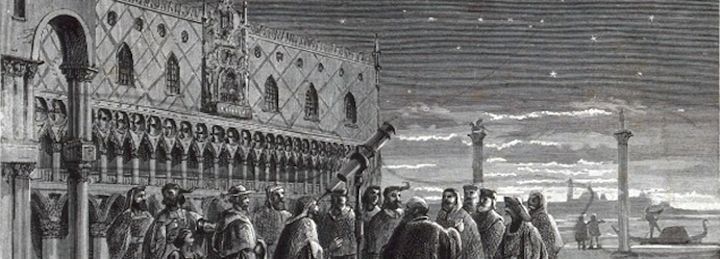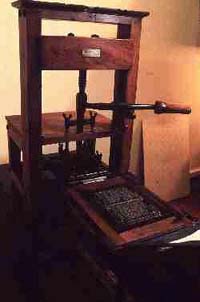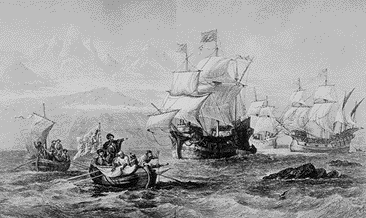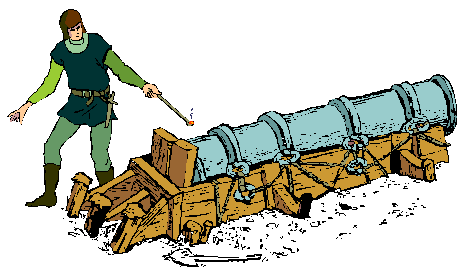Pre-socratics
|
500-350 BCE
|
Greece & Turkey
|
Pythagoras laid out the basics of
geometry, Democritus said the world must be made up of
atoms
|
Aristotle
|
384-322 BCE
|
northern Greece
|
wrote a series of volumes trying to
gather all of human knowledge, including physics and
natural history (biology and zoology)
|
Hellenistic period
|
275-120 BCE
|
Alexandria, Egypt
|
Archimedes prepared a map of the
known world, Euclid gathered together the elements of
geometry, Ptolemy systematized astronomy
|
Roman Empire
|
100 BCE-200 CE
|
Rome, Italy
|
Pliny tried to organize and explain
natural knowledge, Galen systematized medicine
|
Early middle ages
|
400-1000 CE
|
Europe
|
learning nearly disappeared in
Europe but writing about the natural world continued in
the near east (in Greek and Arabic). The
Carolingian Renaissance in the 9th century brought more
stability and the founding of cathedral schools
|
High middle ages
|
1000-1300 CE
|
Europe
|
rediscovery of ancient Greek
science (mostly texts preserved in Arabic translation in
the Muslim world), reconciliation of Aristotle with the
Bible, development of the first universities teaching
the logical method of scholasticism. This is the
Renaissance of the 12th century.
|
Renaissance
|
1300-1500 CE
|
first Italy then spread
|
Leonardo da Vinci, humanism
|
Scientific Revolution
|
1500-1700
|
Europe
|
Copernicus put the sun in the
center of the solar system, Galileo provided
experimental evidence and the beginning of a new
physics, Kepler showed that planets move in ellipses,
Newton completed the new physics (and invented calculus
to do so)
|

 The printing press:
The printing press:


